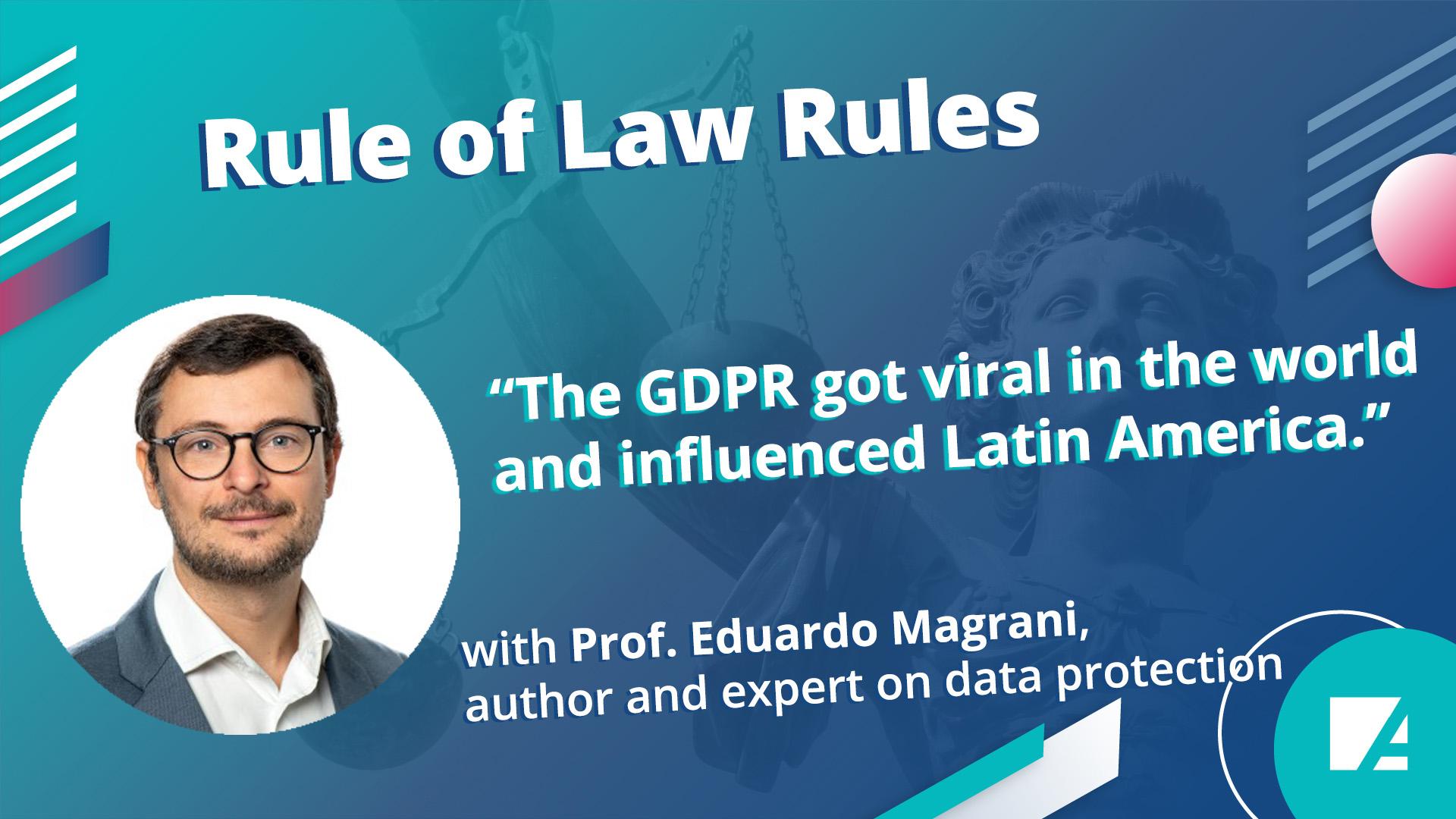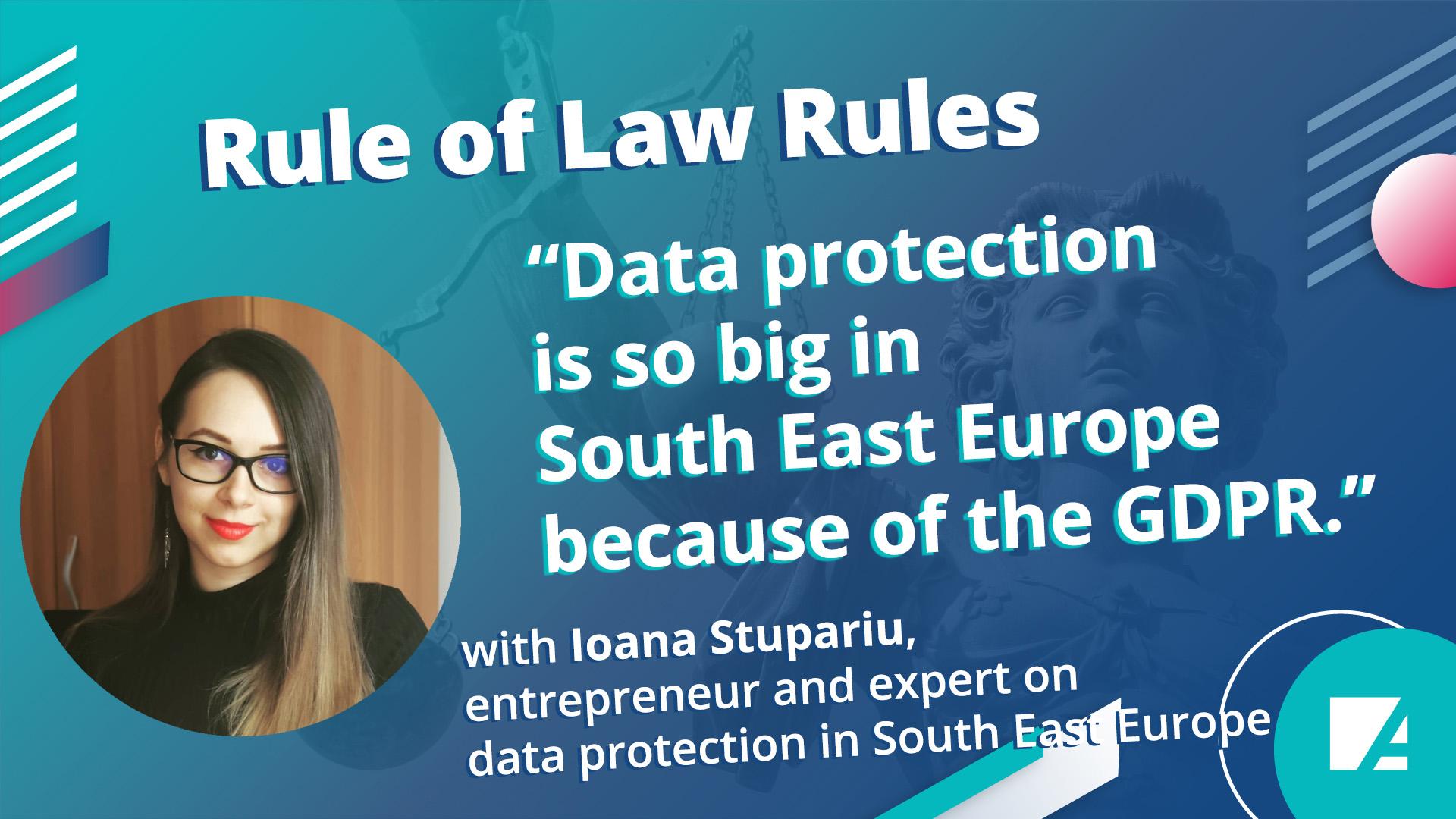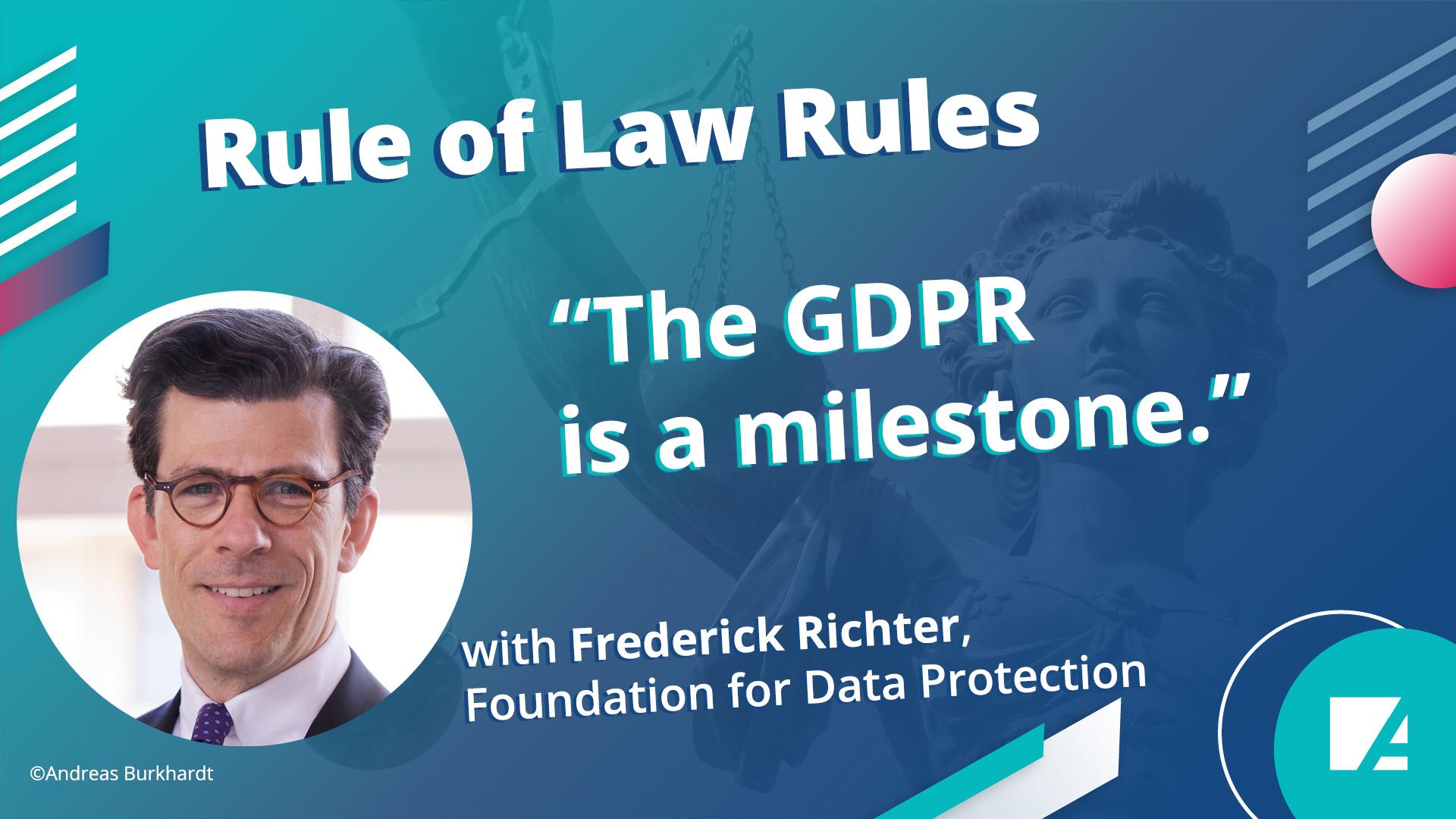Electoral Disputes Resolution in Lebanon - Rule of Law Programme Middle East and North Africa
Elections are the fundamental basis for any democratic process. They enshrine the core of the concept of public sovereignty – it is the people themselves that decide on who will govern them. Particularly in representative democracies, electing members of parliament is a fundamental civil right and duty. Elections are also at the base of any legitimate exercise of governmental power. Only the consent of the governed bestows legitimacy upon the exercise of any public authority.
Since elections are so vital for any democracy, professional and effective mechanisms for the resolution of any dispute arising from them are required. Oversight and dispute resolution mechanisms exist in many different forms and shapes, be it distributed among various courts and councils or concentrated in one specialized electoral council.
Dispute resolution should be conducted by impartial, independent organs, which neutral in their decisions, adhere to the electoral laws and conduct their tasks in a professional, transparent and technically proficient way. Within a system of checks and balances, the judiciary has a central role to ensure that all steps within the election process, pre-election, during the casting of the votes and thereafter, are conducted according to the laws and that any breach is sanctioned.
The judiciary charged to resolve electoral disputes has to be inherently independent, effective and impartial, including the office of the prosecutor. As voting is an act of public sovereignty, it is important that every citizen, voter, and political party has the right to file a complaint.
Only if the dispute resolution mechanism meets all these criteria, voters and party officials alike will have confidence in an impartial solution of a conflict. Only then, voters will have trust in the elected institutions - even in times of crisis and the system itself may be strengthened. Only then will the inferior party or voter accept the outcome and only then has the majority a clear mandate to govern. This trust of the people is the bedrock of democracy.





